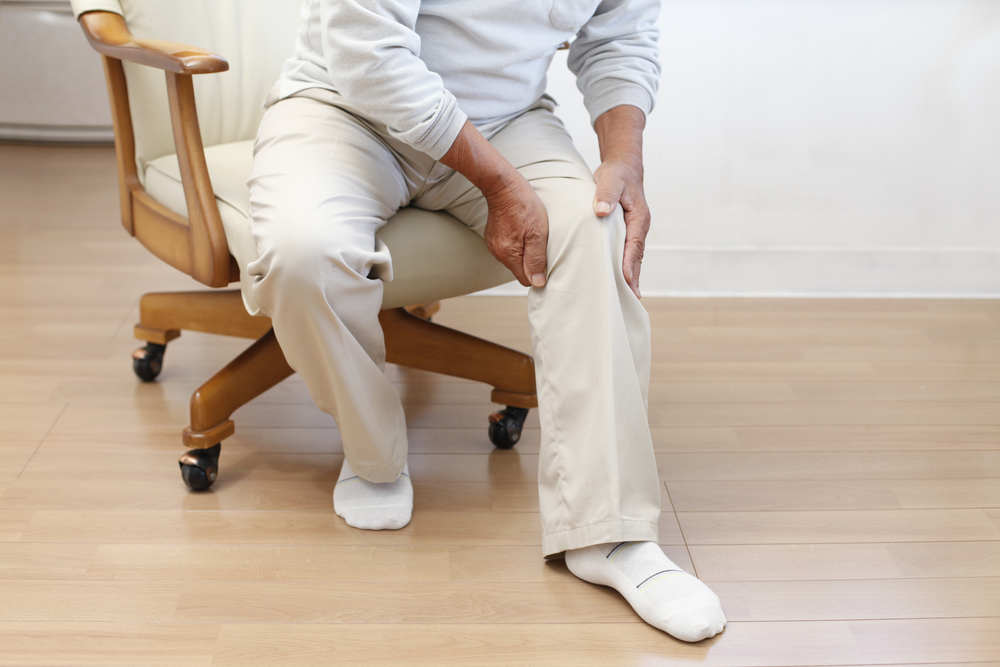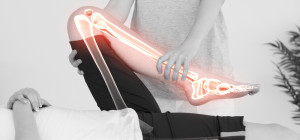 Lack of sleep makes a person grumpy and foggy. A surprising and serious effect of sleep is accident. Less sleep is a factor to some of the disasters. It is also a safety hazard to every one’s day work. Fatigue arising from less sleep can lead to crashes that may cause injuries. The injury may, in turn, lead to severe joint pain. Also not forgetting, too little sleep weakens the immune system which increases perception of pain. A research conducted in Great Britain, found and reports that, insufficient sleep is the main reason for pain in adults. Over fifty years of age.
Lack of sleep makes a person grumpy and foggy. A surprising and serious effect of sleep is accident. Less sleep is a factor to some of the disasters. It is also a safety hazard to every one’s day work. Fatigue arising from less sleep can lead to crashes that may cause injuries. The injury may, in turn, lead to severe joint pain. Also not forgetting, too little sleep weakens the immune system which increases perception of pain. A research conducted in Great Britain, found and reports that, insufficient sleep is the main reason for pain in adults. Over fifty years of age.
Highlights
Joint in most cases have a significant effect. It restricts movement and makes it so hard to carry on some tasks. Sleep is affected too. Less sleep will, however, result from persistent pain in the back, hips, arms and joints. People with joint pain cannot avoid restless nights. Experts report that insomnia, among the arthritis, is common in Britain. Estimates have so far suggested that 2 in 3 experience less sleep. Scientists on the other hand have it that, joint pain is not only as a result of less sleep, but deprivation of sleep worsens joint pain. Professor Alan Silman, medical director of Arthritis Research United Kingdom, reports, a vicious circle exists between the condition of lack of sleep and joint pain. Pain induces lack of sleep and lack of sleep leads to pain.
1. Osteoarthritis
Sleep deprivation increases wear and tear of bones, osteoarthritis, and also rheumatoid arthritis. The immune system attacks the joints. Osteoarthritis will occur when the cartilage are broken. Cartilage protects the surface of the bones. They, therefore, commence to wear down, with some of the causes thought to be involved being; genes, weight, and age. However, the exact cause is unknown. Inflammatory molecules traveling to the joint causes swelling and pain. Inflammation may result from osteoarthritis. Loss of sleep leads to the release of damaging inflammatory chemicals. Therefore, joint will not get the healing benefit of sleep. During sleeping, the body has long time for low inflammation and enhancing healing process. There is rejuvenation of energy levels and strengthening of the immune system, as one sleeps.
2. Inflammatory Markers
Disrupted sleep, leads to increased figures of inflammatory markers. Inflammatory markers lead to sore joints causing severe joint pain. Interleukin-1 one of the markers, made by white blood cells. In the book, End of Pain, by Professor Peter Wehling, an Orthopaedic surgeon, says limited sleep stimulates the immune system to increase white blood cells, which in vain, attempts to solve exhaustion-related distress. Professor Wehling warns that, a single sleepless night causes the interkeukin-1, producing white blood cells, to remain in joints. Disturbance of sleep will change the body’s natural cycle of hormones. It also crucially affects low levels of inflammation. Interleukin-1, greatly assists in developing inflammatory arthritis.
3. Deep Sleep
For one to have deep sleep, it takes 45 minutes of sleeping, occurs only in the first half of the night. A tossing and turning person is likely to have very little deep sleep. This will result to increased numbers of inflammatory markers in the body. Also disrupts hormones that work to heal the joint pain. Notably, lowers the human growth hormone, vital for many processes: tissue repair, weight management and continuous replacement of collagen and bone. Human growth hormone is produced in plenty as we enter deep sleep. It is produced in diminishing amounts during the day. The hormone is suppressed by inflammation during the day, and so deep sleep makes the hormone to surge.
However without deep sleep, human growth hormone cannot be produced. This will therefore lead to increased wear and tear of tissues and bone, causing severe joint pain. The wears make a person sensitive to pain, which can easily results to difficulties in movement. The director of the Sleep Research Center at Loughborough University noted that, involuntary moving in the night awakes a person by a lightening shaft of pain and cracking sensation. These disrupt of sleep makes the situation worse and the person is less inclined to move around.
4. Weight
Piling pounds adds substantially to cause strain of bones and joints. Small pads of cartilage in the knee, menisci, carries 50% if the body weight. Excess fats in the body induce joint pain directly. Fat cells expand to produce more cytokines, which stimulate inflammation. On the other hand, deprivation of sleep results to gaining of weight. The result? Severe joint pain. Levels of major hormone in regulating daily body cycle or circadin rhythm, melatonin, are also affected by less sleep. The balance of two hormones becomes upset. Ghrelin, hunger hormone, and lepton appetite regulator. High levels of ghrelin during the night, tempts people to eat. Also, it increases extra insulin production, storing more fats in the body. Leptin regulates appetite; however it may be disrupted by loss of sleep. Study carried on mice, suggests that leptin has inflammatory effects.
Conclusion
Those with join pain can achieve sleep by: use of professional prescribed top rated joint pain supplements, which will reduce pain during the sleeping hours. Cut the afternoon naps, use lamps rather than ceiling light during the evening, avoid caffeine, omit alcohol consumption. Professor Wehling, in addition recommends that, keeping consistent bed time and rising in time, an hour to sunrise, will make one experience nice sleep. Midnight snack can also be fully avoided.
References
https://www.jointhealthmagazine.com/why-joint-pain-increase-when-it-rains.html
http://guidelineshealth.com/health-care/5-foods-that-cause-joint-pain/







